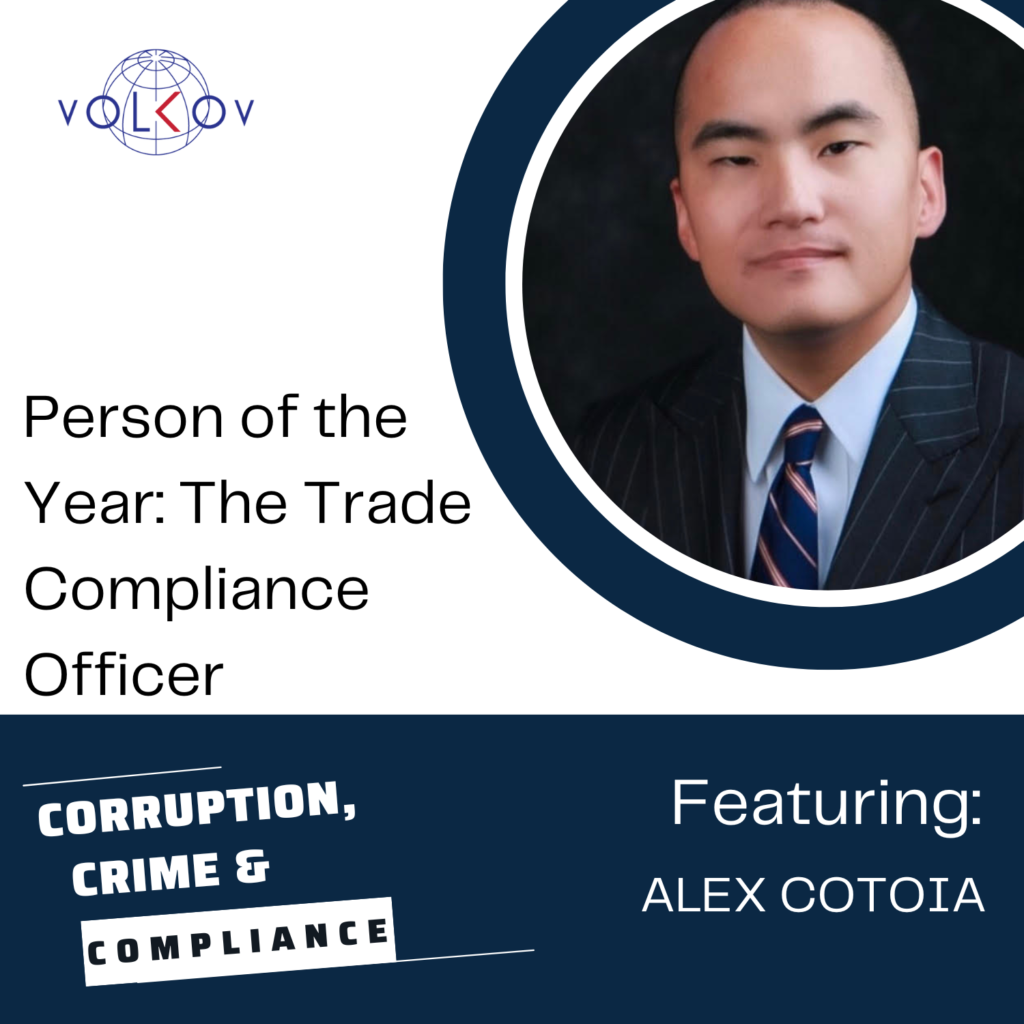While a CCO should expect (or at least hope) that internal controls at locations outside the U.S. are of the same effectiveness as internal controls within U.S. business units and at the U.S. corporate office, unfortunately, that might not always be the case, it is often the case that corporate level internal controls are stronger than those in foreign business units. There may well be several reasons for this. First, the CFO may be paying closer attention to the corporate level internal controls, with the idea that the corporate level internal controls are the final “filter” to detect issues. This follows partly from the focus in most companies on the controls over financial reporting, which does not include all controls needed for compliance. A second reason is that many companies were built through acquisitions, resulting in many business units (both in and outside the U.S.) having completely different accounting, ERP, and internal control systems than the corporate office. There is often a tendency to leave acquired companies in the state where they were acquired rather than trying to integrate their controls and conform them to those of current business units. After all, the reason for the acquisition was the company’s profitability, and nobody wanted to be accused of negatively impacting profitability.
A third situation may exist at locations outside the U.S. with what began simply as a sales office and then expanded its scope of operations to become a business unit with its accounting and data processing functions. Unfortunately, it is not often a situation where there was a master plan for internal controls as the location’s scope grew. Processes are usually added and designed by the local personnel, which, in practice, means the country manager has total control over financial affairs and is not truly accountable to the corporate office. This can be particularly true if a country’s business unit’s profits continue. In such situations, there will rarely be any focus on effective preventive internal controls for compliance risk.
Where should a CCO begin in any of the above scenarios? The first step is to determine the extent of centralization or decentralization of relevant processes or, put another way, to what extent are relevant processes performed at the corporate offices? The second step for the CCO is to determine the possible universe of risks and to assess the risks to result in a priority of how attention will be focused. One useful approach is to perform a location risk assessment, whose purpose is to capture each location outside the U.S. where your company conducts business in one place and assess the compliance risks posed by the nature of operations at each location. Once the risks at each location have been properly categorized, you can prioritize your approach to dealing with the risks.
Three key takeaways:
1. Modifying your internal controls can work to operationalize your compliance program more fully.
2. Check the effectiveness of your internal controls for your international locations.
3. Revisit your internal controls when a country or region experiences large growth or disruption.




